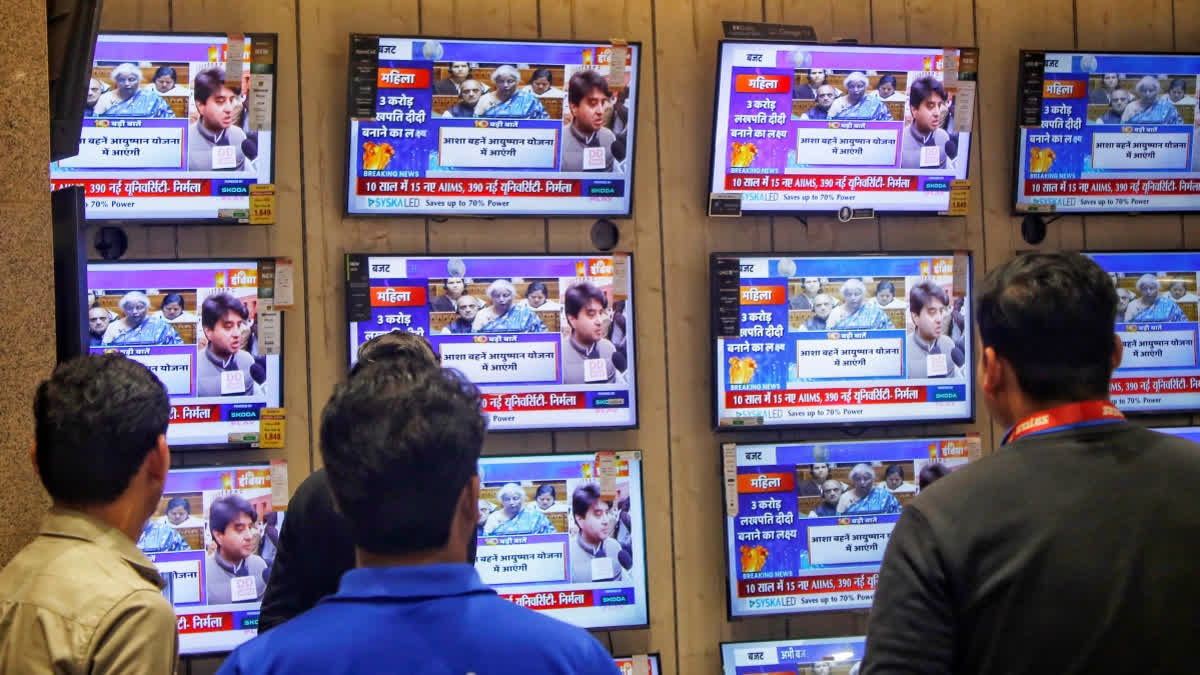Every year on November 21, the world celebrates World Television Day, recognising the invaluable role of television in global communication, education, and cultural exchange. Established by the United Nations in 1996, the day commemorates the first World Television Forum, where media leaders gathered to discuss the medium’s growing significance.
The Evolution of Television
The journey of television began with a groundbreaking invention in 1927 when Philo Taylor Farnsworth created the first electronic TV. A year later, Charles Francis Jenkins initiated the first mechanical television broadcast. Over the decades, television evolved from a bulky box with limited reach to a sleek, interactive device integrated into the digital ecosystem. Today, it is not just about broadcasting news or entertainment but also about streaming, on-demand services, and virtual experiences.
Television has been a witness to history, from the live broadcast of the moon landing in 1969, watched by over 652 million people, to the global mourning of Princess Diana in 1997, viewed by more than 2 billion. These moments illustrate its unparalleled ability to connect people across the world.
Why Celebrate Television?
World Television Day is more than a celebration of the device; it is a recognition of its role as a catalyst for social change and global education. Television informs viewers about global challenges such as climate change, health crises, and social justice movements. Programs like documentaries, news broadcasts, and educational shows continue to inspire, educate, and encourage action.
Moreover, television fosters cultural understanding, offering a platform to share diverse stories and perspectives. Iconic shows like Planet Earth, Breaking Bad, and Sesame Street have not only entertained but also educated audiences worldwide.
Television in the Digital Age
The advent of streaming platforms and smart TVs has redefined television. Today, it transcends the traditional living room setup, seamlessly blending into smartphones, tablets, and laptops. On-demand content allows viewers to curate their experiences, making television more accessible and engaging. Platforms like Netflix and Disney+, with hundreds of millions of subscribers globally, have expanded television’s reach and influence.
How the World Celebrates
On World Television Day, people reflect on the medium’s impact by sharing favourite moments, hosting TV-themed events, or simply binge-watching their beloved shows. Social media platforms buzz with hashtags like #WorldTelevisionDay and #TVDay, creating a sense of community around the celebration.
Organisations and governments also use the day to emphasize the importance of media literacy and critical engagement with television content. They urge viewers to appreciate the storytelling and information television provides while being mindful of its impact.
A Symbol of Unity and Progress
Television remains a unifying force in a fragmented world. It brings people together during significant events, whether it’s a sporting victory, a political announcement, or a heartwarming story of resilience. Its ability to connect, inform, and entertain makes it a medium that continues to evolve while remaining central to our lives.
As we celebrate World Television Day 2024, it is a reminder that television is more than just a screen, it is a mirror of our society and a bridge to the broader world. Its enduring relevance proves that, even in the digital age, the small screen holds a big place in our hearts.



